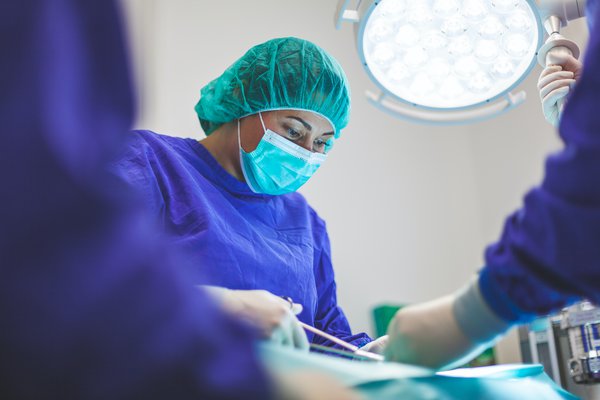Pennsylvania hospitals can begin conducting elective surgeries as long as they maintain the ability to properly respond to the coronavirus pandemic, the Department of Health announced Monday.
State officials had prohibited elective procedures since March 17 to mitigate the spread of COVID-19 and to ensure health systems had the staffing needed to combat the outbreak.
"We released guidance to provide a process for hospitals and ambulatory surgical facilities to resume elective surgeries, procedures and admissions," Secretary of Health Dr. Rachel Levine said.
- MORE HEALTH
- Seniors with COVID-19 show unusual symptoms, doctors say
- How to listen with empathy when you are feeling the strain of social distancing
- Born into a pandemic: Coronavirus complicates births for moms and babies
Elective procedures originally were halted as hospitals grappled with the increasing number of patients being admitted with COVID-19.
But as long as the elective procedures do not put the health of patients or staff at risk, they can be scheduled again, Levine said. Hospitals that begin elective surgeries must have the capacity to respond to any new surges in COVID-19 cases. That includes having enough personal protective equipment and staff coverage.
As of Monday, there have been 42,050 COVID-19 cases in Pennsylvania. There currently are 2,800 patients hospitalized with COVID-19, including 616 on ventilators.
All 67 counties remain under a say-at-home order through at least May 8, when Gov. Tom Wolf plans to gradually relax restrictions on a regional basis.
Vigilance is still important, Levine said.
"As we see the number of new COVID-19 cases continuously change across the state, that does not mean we can stop practicing social distancing," Levine said. "We must continue to stay at home to protect ourselves, our families and our community. If you must go out, please make as few trips as possible and wear a mask to protect not only yourself, but others. We need all Pennsylvanians to continue to heed these efforts to protect our vulnerable Pennsylvanians, our health care workers and front-line responders."


